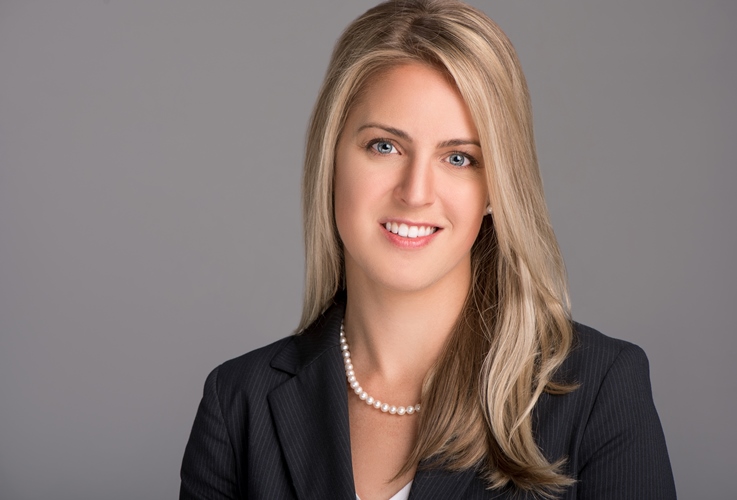Firm News

Hilary Morgan Board Certified in Construction Law
Tampa, FL, July 31, 2019 – Cotney Construction Law (CCL) is proud to announce that effective August 1, 2019, attorney Hilary Morgan will be Florida Bar Board Certified in Construction Law. Board certification recognizes attorneys’ special knowledge, skills and proficiency in various areas of law and reputation for professionalism and ethics in their practice.
“This is a well-deserved achievement for Hilary that merits recognition. She is an incredibly skilled and hardworking attorney who has not only been dedicated to learning the ins and outs of construction law, but also to bettering the construction industry as a whole,” said Cotney Construction Law CEO, Trent Cotney.
Hilary joins a group of highly skilled construction law professionals that are distinguished as experts in their practice area. In order to become board certified in construction law, applicants must meet the minimum requirements which include legal experience, substantial involvement in construction law, continuing legal education related to construction law, peer review, and a written exam.
###
About Cotney Construction Law
Cotney Construction Law is a national law firm that provides representation for general, roofing, HVAC and specialty contractors. Experienced in the representation of businesses and professionals in construction disputes and transactions, Cotney is a well-known advisor and legal counsel in the construction industry. The firm’s practice areas include construction law, litigation, arbitration, contract review & drafting, immigration, employment, OSHA defense, licensing defense, bid protests, lien law, bond law and alternative dispute resolution. The firm currently has 14 offices throughout the U.S. For more information, visit www.cotneycl.com.
Disclaimer: The information contained in this article is for general educational information only. This information does not constitute legal advice, is not intended to constitute legal advice, nor should it be relied upon as legal advice for your specific factual pattern or situation.
